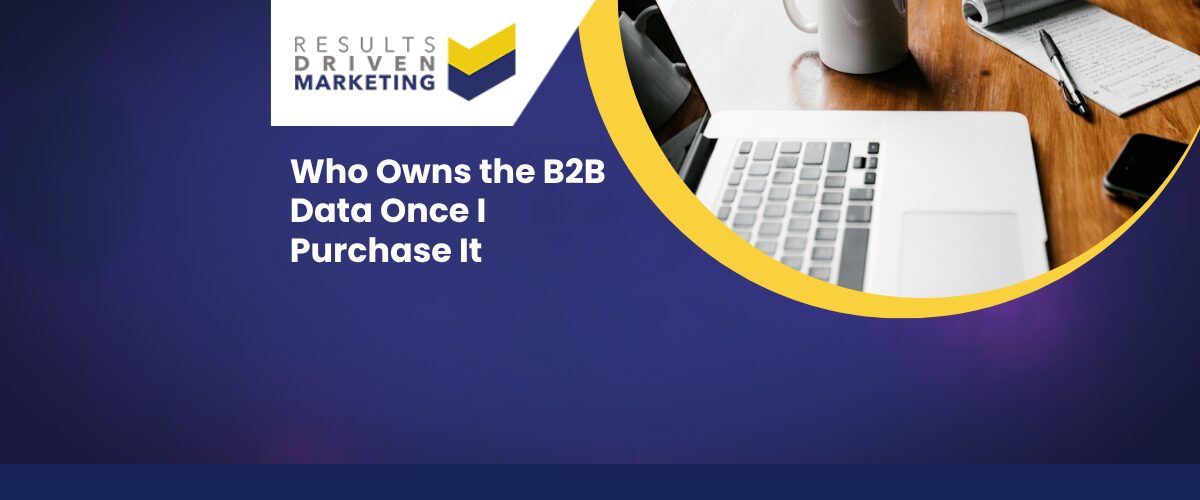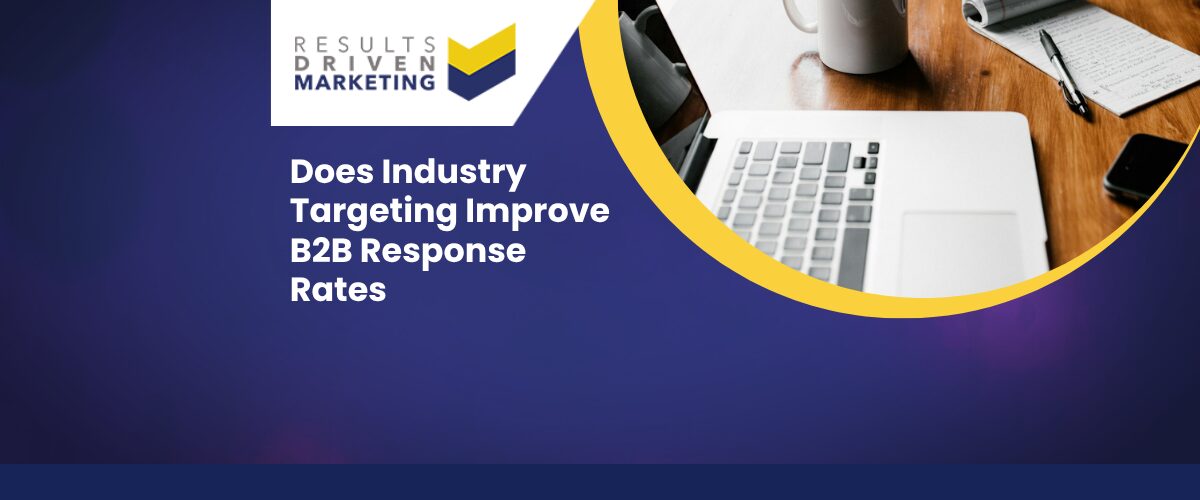
Can You Target Small Businesses With B2B Data
Can you target small businesses with B2B data? Absolutely—and if you’re selling to the SME market, it’s one of the smartest strategies you can use. Many business owners assume B2B data is only useful for reaching larger companies, but the truth is that small businesses are not only accessible—they’re often more responsive.
With over 5 million SMEs in the UK alone, the small business segment represents a huge opportunity for companies offering practical, results-driven solutions. These businesses tend to have simpler decision-making structures and a real appetite for services that save time or boost revenue—especially when delivered by people who understand their world.
In this guide, we’ll explain how B2B data helps you reach small businesses with precision. You’ll learn how to segment your audience, filter by company size and role, and run outreach campaigns that actually convert. If SMEs are your target, this blog will show you how to hit the mark.
Why Small Businesses Are Worth Targeting
Small businesses make up the vast majority of the UK economy. With over 99% of businesses classified as SMEs—and millions operating with fewer than 50 employees—there’s no shortage of opportunity if you know how to reach them.
Why focus on small businesses?
- Shorter sales cycles: Decisions are often made by one person or a small leadership team, meaning less red tape.
- Agility: Small firms are more open to change, testing new suppliers, or trialling new solutions—especially if they save time or money.
- Underserved markets: Many large providers overlook SMEs, so there’s room for specialists who understand their unique needs.
If your product or service delivers clear, practical value and doesn’t require lengthy onboarding, small businesses can be some of the best prospects to work with—and B2B data helps you find them at scale.
Yes, You Can—Here’s How B2B Data Works
So, can you target small businesses with B2B data? Yes—and with more control than you might think. Modern B2B databases contain far more than just names and emails. They allow you to filter and build highly specific lists based on the characteristics that define your ideal small business customer.
What B2B data can include:
- Company size (by number of employees)
- Estimated turnover or revenue band
- Industry classification (e.g. construction, retail, professional services)
- Region or postcode
- Key decision-maker contact info (name, job title, direct email, phone)
This makes it easy to build a list of small businesses that match your offer—whether that’s companies with 1–10 staff in Yorkshire, or accountants with under £1M turnover across the UK.
With the right filters, B2B data gives you the targeting power of digital ads—without waiting for prospects to find you.
Choosing the Right Criteria for SME Targeting
Targeting small businesses with B2B data starts with setting the right filters. The more focused your criteria, the better your campaign performance. Here’s how to refine your list to reach the right SME audience:
Company Size Filters
Most data suppliers can filter by number of employees—often grouped into ranges like:
- 1–5 employees (micro businesses)
- 6–20 employees
- 21–50 employees (larger SMEs)
This lets you tailor messaging to smaller teams who value simplicity and fast results.
Job Titles to Focus On
In small businesses, key decisions are usually made by:
- Owners or Founders
- Managing Directors
- Partners or Co-owners
- General Managers (in slightly larger SMEs)
These are the people who wear multiple hats and respond well to direct, practical offers.
Sector and Location Filters
You can also filter by:
- Specific industries where your offer performs best
- Geographic region if you’re limited by service area or prefer local clients
Good targeting ensures your message reaches real buyers—not just names on a list.
Common Mistakes to Avoid
Targeting small businesses with B2B data works—but only if you avoid the common pitfalls that weaken outreach or lead to wasted budget. Here’s what to watch out for:
Going Too Broad or Too Niche
Casting the net too wide leads to irrelevant contacts. Going too narrow can leave you with a list that’s too small to scale. Strike the balance: enough volume to run a campaign, but focused on your ideal client type.
Ignoring the SME Mindset
Small business owners think differently from corporate buyers. If your messaging feels too formal, overcomplicated, or “enterprise,” it’ll miss the mark. Speak their language: time, cost, results.
Forgetting Compliance
Even with small business outreach, you still need to comply with GDPR and CTPS regulations. Make sure your data is screened and includes opt-out instructions on all communications.
Avoiding these mistakes helps you build trust, protect your reputation, and get better response rates.
How to Make Outreach Work for Small Businesses
Once you’ve got a well-targeted list, your success depends on how you approach small business contacts. These decision-makers are busy, practical, and bombarded with offers—so your message needs to cut through quickly.
Personalise Your Messaging
Use industry, location, or job title references to show the message is relevant. Even small touches like “We work with other design agencies in the North East” can boost response rates.
Keep It Simple and Direct
Avoid jargon or corporate fluff. Speak clearly about what you do, the problem you solve, and how it helps them save time, reduce hassle, or win more business.
Highlight Fast Wins
SMEs don’t have time for complex integrations or 6-month projects. Emphasise easy onboarding, fast results, and clear ROI.
Use Multi-Channel Follow-Up
Combine email with follow-up calls or direct mail where appropriate. SMEs respond well to human contact and personal touch—when done respectfully.
The more aligned your outreach is with how small businesses operate, the more likely they are to engage.
Why Choose Results Driven Marketing
At Results Driven Marketing, we’ve spent over a decade helping UK SMEs grow through targeted B2B outreach. We understand how small businesses think—because we are one too. And that means we know what it takes to get results without wasting time or money.
Here’s how we support SME-focused campaigns:
- Access to thousands of UK businesses, filtered by size, sector, region, and role
- Lists built around your offer, not just off-the-shelf data
- CTPS-screened, GDPR-aware, and campaign-ready
- Fast turnaround, human support, and practical advice—not pushy sales
Whether you’re looking to reach sole traders, micro businesses, or regional SMEs, we’ll help you build a list that fits—and a strategy that delivers.
What To Do Next
If you’ve been wondering “can you target small businesses with B2B data?”, now you know the answer is yes—with the right filters, message, and strategy.
Here’s what you can do next:
- Review your current outreach—are you hitting the right company sizes and roles?
- Think about which sectors or regions would respond best to your offer
- If you need a list that’s tailored to SMEs, we’re here to help
Ready to reach more of the right small businesses?
- Contact us for a free targeting review
- Explore our email lists built for B2B outreach
- Request a tailored quote and start generating leads from real UK SMEs
The SME market is full of potential—it just takes the right data to unlock it.
Results Driven Marketing
Helping businesses go from bad data to more customers and profits.
B2B marketing data. GDPR and CTPS compliant.
Call us on 0191 406 6399 or visit rdmarketing.co.uk




